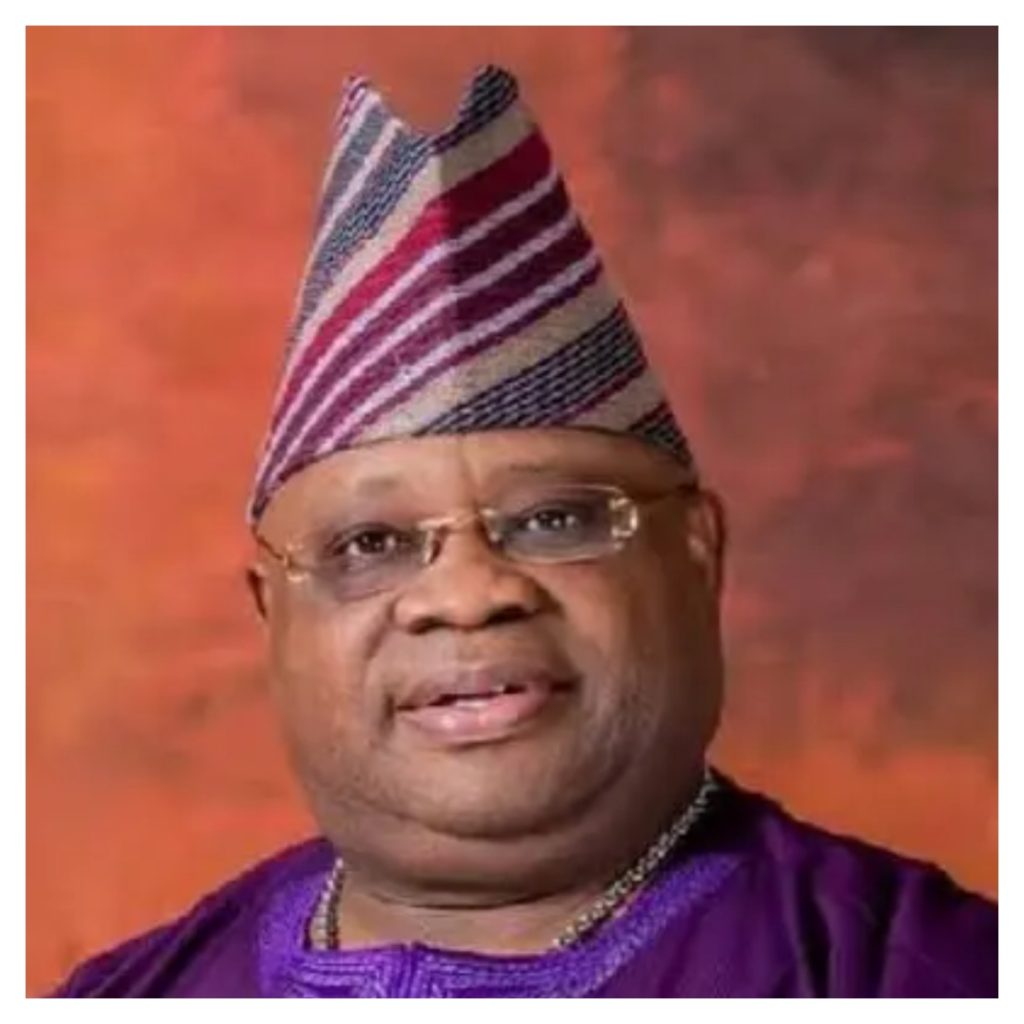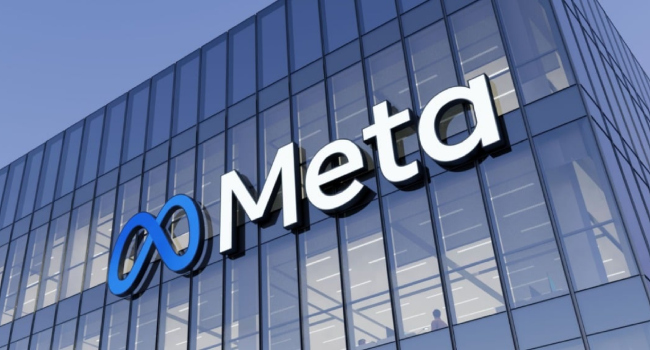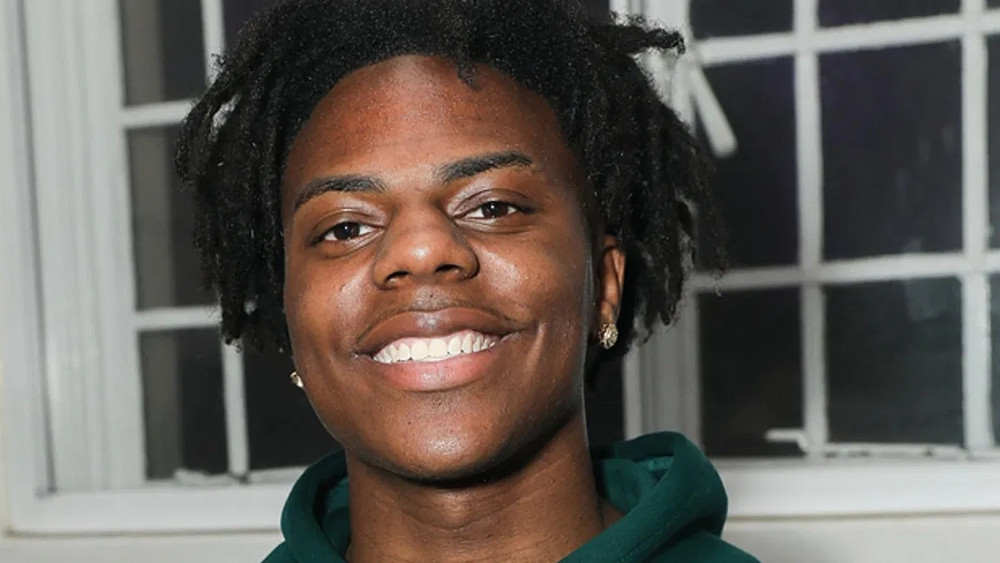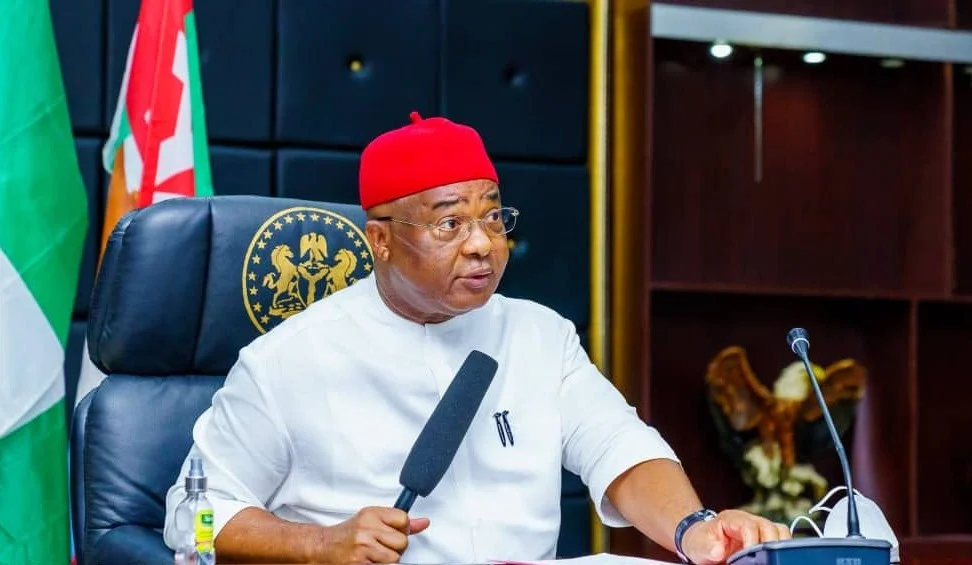An international alliance, CIVICUS, has condemned the use of violence against protesters in Senegal, following President Macky Sall’s decision to delay the February 25 elections, emphasizing that these actions are in violation of the government’s human rights obligations.
Numerous individuals, including opposition figure Aminata Toure, have been apprehended amidst the utilization of tear gas by the police to disperse demonstrators. In addition, the WALF television station was suspended, and mobile internet access was obstructed, severely impeding free communication within the country.
CIVICUS has urged the Senegalese government to uphold democratic principles and cease the use of violence against demonstrators. David Kode, the Advocacy and Campaigns Lead at CIVICUS, stated, “We call on President Macky Sall and the Senegalese authorities to stop using violence against protesters and to respect democratic norms and the will of the Senegalese people to choose their leaders through free and fair elections.”
The decision to postpone the elections until December 15, which was ratified by members of parliament, led to disruptions within the chamber and the forceful removal of protesting opposition parliamentarians by security forces. This move would prolong President Sall’s tenure in office until the installation of his successor, with critics denouncing it as “an institutional coup.”
Kode expressed concerns regarding the postponement of elections, stating, “President Macky Sall’s announcement to postpone elections threatens Senegal’s democracy and could have serious impacts on the country’s human rights.”
Senegal, acknowledged historically as a relatively free and democratic nation, has experienced a regression in rights in recent years. Prior to the anticipated presidential elections, the country witnessed a significant deterioration in its civic space, characterized by intensified restrictions on freedom of association, expression, and assembly, alongside the targeting of political opposition members.
In response to these developments, the 2023 CIVICUS Monitor downgraded Senegal’s civic space rating to ‘repressed,’ citing one of the most considerable declines in civic space of any country during that year. Moreover, Senegal was included in the watchlist of nations facing sharp declines in civic freedoms.
Notably, the authorities arrested opposition leader Ousmane Sonko and disbanded his political party – Parti Patriotes Africaines du Senegal pour le Travail l’Ethique et la Fraternité (PASTEF). Subsequently, deadly force was employed against protestors opposing Sonko’s arrest.
Furthermore, several journalists were detained for reporting on the restrictions placed on Ousmane Sonko and his party, including Khalil Kamara of the independent online media outlet Senego and Pape Ale Niang of the news site Dakar Matin. Khalil Kamara was arrested on September 5, 2023, on charges of disseminating false news, defamation, and offending the head of state following the publication of an opinion piece critical of President Sall and the indictment of Ousmane Sonko. Additionally, access to certain social media platforms, including Tik-Tok, has been restricted by the authorities.
CIVICUS, established in 1993, is a global alliance of civil society organizations and activists aimed at enhancing citizen action worldwide, with over 15,000 members in more than 175 countries.
The international community echoes the call for democratic values to be upheld in Senegal, emphasizing the importance of respecting human rights and ensuring the well-being of the nation’s citizens.



